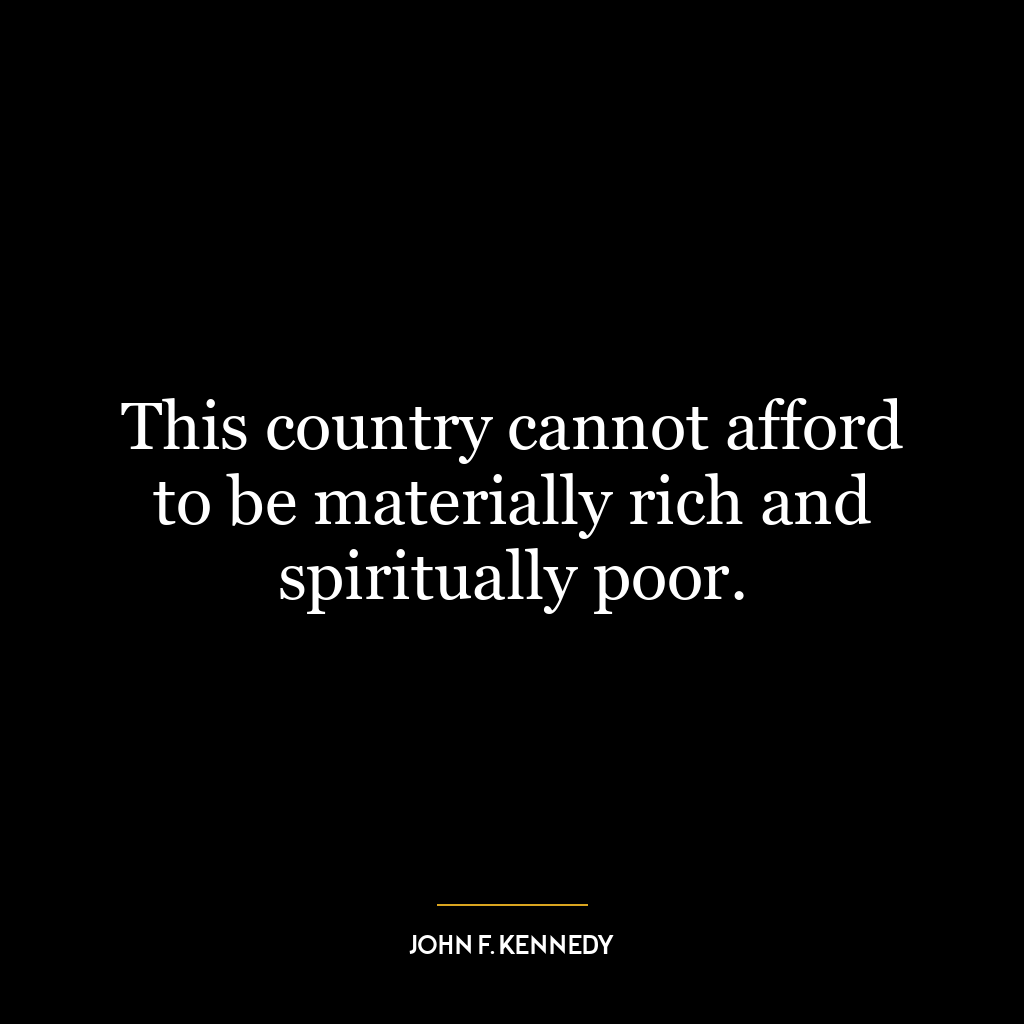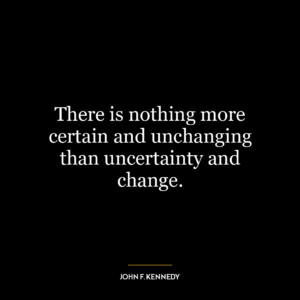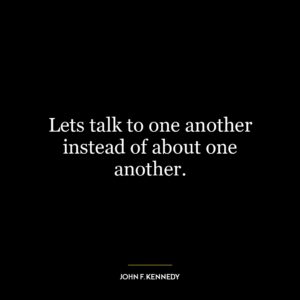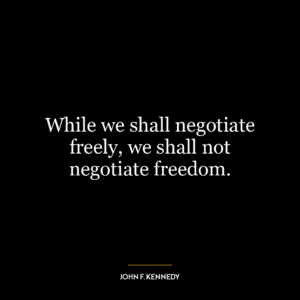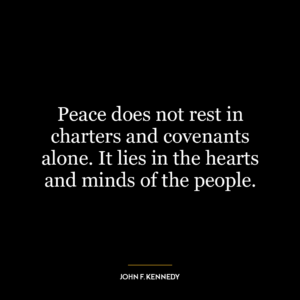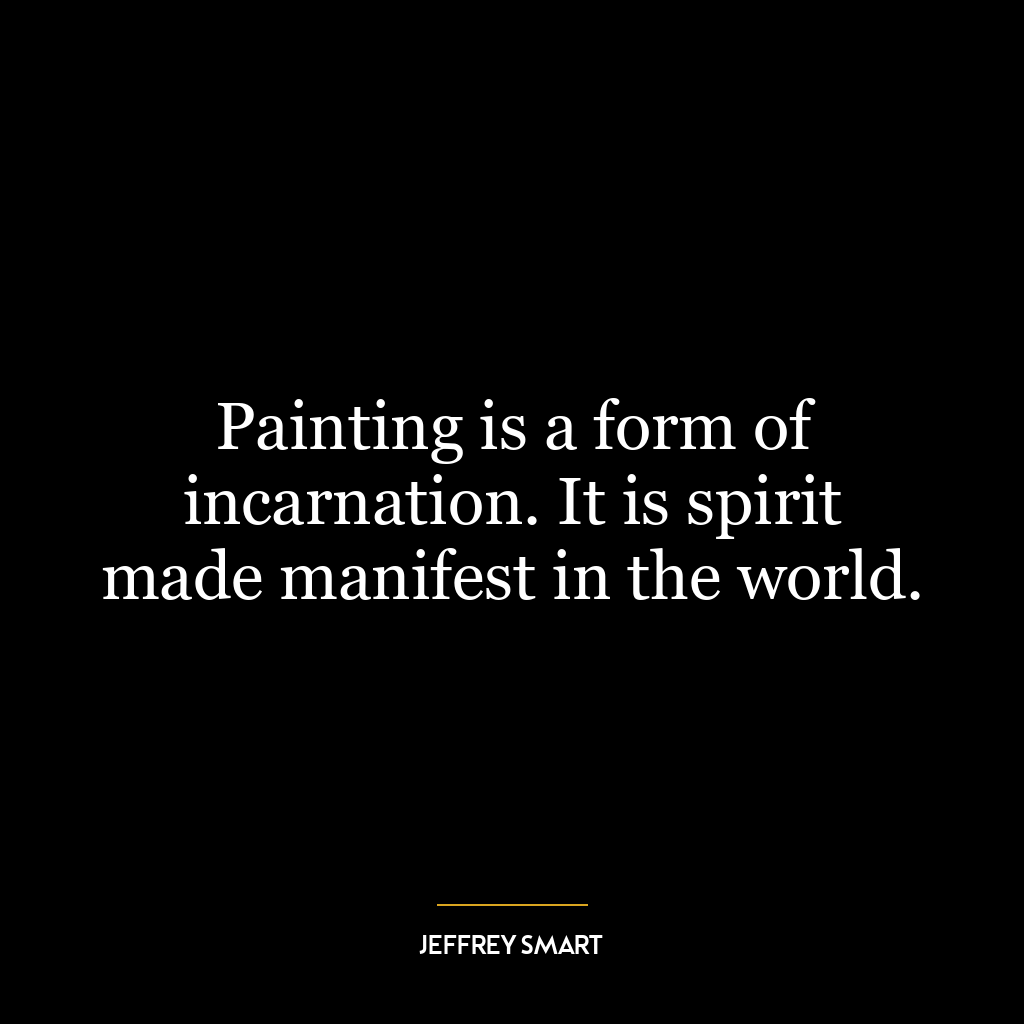This country cannot afford to be materially rich and spiritually poor.
This country cannot afford to be materially rich and spiritually poor” is a profound statement that underscores the importance of maintaining a balance between material wealth and spiritual richness. It suggests that a nation’s prosperity should not only be measured by its financial wealth, but also by the spiritual well-being of its citizens.
Material wealth refers to tangible assets such as money, property, and other possessions. However, an overemphasis on material wealth can lead to greed, corruption, and inequality, which can ultimately undermine the social fabric of a nation. On the other hand, spiritual richness is about values, ethics, and a sense of purpose in life. It involves a deep connection with oneself, others, and the world at large. A lack of spiritual richness can lead to a sense of emptiness and dissatisfaction, even in the midst of material abundance.
Therefore, the quote is a reminder that a truly prosperous country must strive for a balance between material wealth and spiritual richness. It should not only focus on economic growth but also on fostering values such as compassion, integrity, and social responsibility among its citizens.
In today’s world, this idea is especially relevant. We live in a time of unprecedented wealth, yet we also face numerous social and environmental challenges. This quote suggests that to address these challenges, we must not only use our material resources wisely, but also tap into our spiritual resources—our capacity for empathy, cooperation, and long-term thinking.
In terms of personal development, this quote can serve as a reminder to strive for a balanced life. While it’s important to pursue material success, it’s equally important to cultivate spiritual qualities such as self-awareness, gratitude, and a sense of purpose. After all, material wealth can provide comfort and convenience, but it’s our spiritual richness that gives meaning to our lives.

